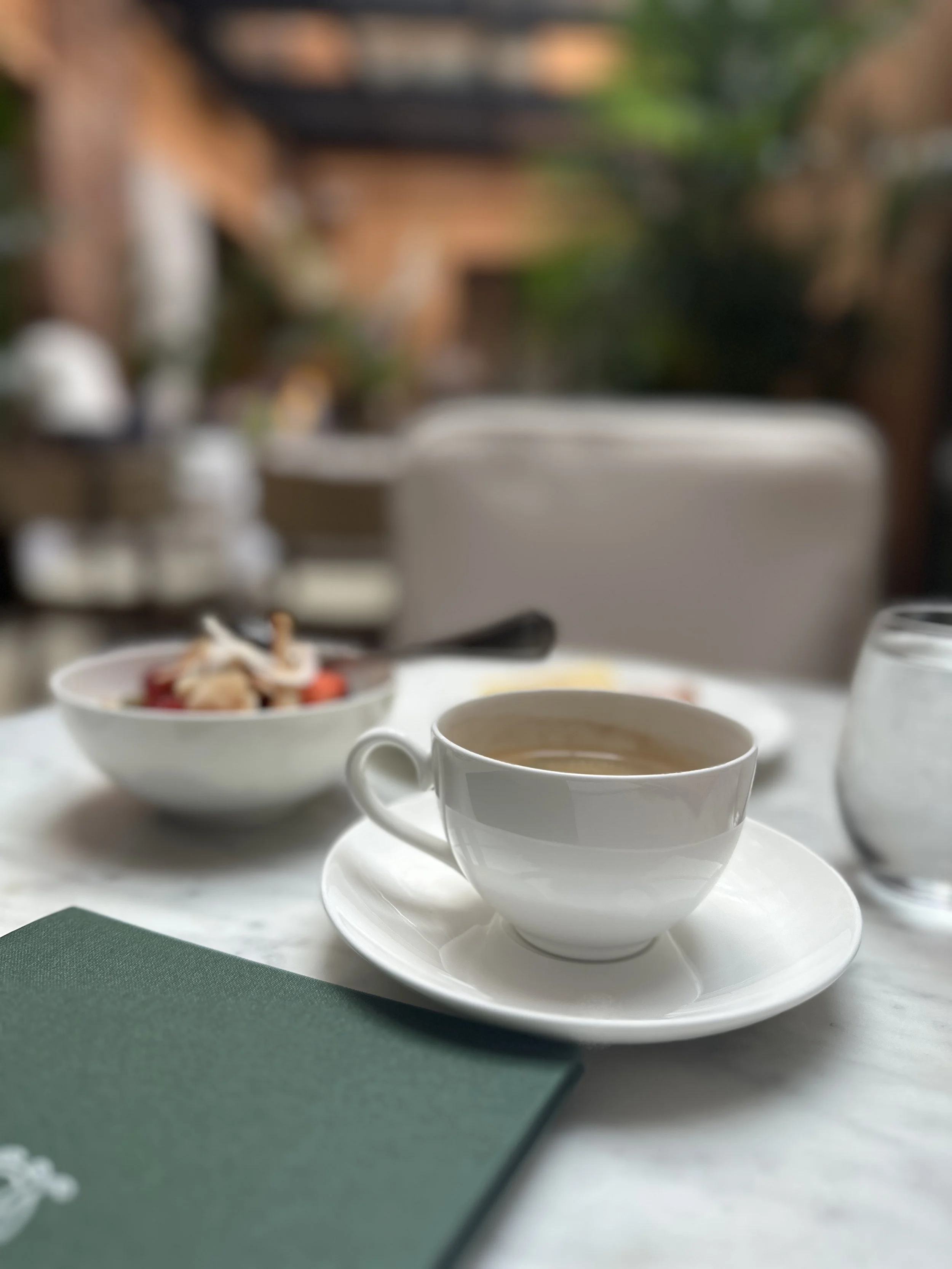3 MIN READ
Image: Inga Seliverstova
I started drinking early on in life, like so many people do. Over the years, I only stopped once for a year, just to prove I could. Then I went right back to it. What struck me when I stopped drinking for good was realizing that I had never truly lived as an adult with a sober mind. Who was I, really, without alcohol?
I stopped drinking because I realized the enjoyment had worn off, and the emotional rollercoaster in the days after started to take its toll. Feelings were harder to manage at work, and the highs and lows felt steeper than ever. I knew that if I kept drinking, I wouldn’t be able to manage my emotions in the way I wanted or needed to.
Facing the Emotional Crutches
At first, I realized how deeply tied drinking was to my emotions. A glass of wine after a hard day. A celebratory toast with friends. A drink to ease social anxiety as a natural introvert.
When I stopped, it became clear that I had been sidestepping the work of processing my emotions fully.
Alcohol had been a crutch, one that kept me from truly sitting with discomfort or even joy. I had to build an entirely new relationship with myself. The idea felt daunting, but I was ready.
And it wasn’t easy. I noticed that when I felt down or triggered, my first thought was often to call a friend and meet for a drink. It was fascinating how automatic that impulse was. Without alcohol, my emotions felt sharper, harder to soothe.
Image: Inga Seliverstova
But I leaned into the discomfort allowing myself to feel it. Learning to soothe an inner child that was throwing tantrums. My first step was identifying triggers, whether happy or sad then finding new ways to cope. This included embracing being perceived as "boring" at social gatherings and even saying “no thanks” to invitations when I needed alone time. I had to accept that this was part of who I was becoming.
The rewards, though, were undeniable. I had more time, more money, and a newfound sense of control over my impulses.
Rediscovering Myself
Sobriety helped me uncover parts of myself that had been muted. I rediscovered my love for staying home and reading, something I adored as a child but had neglected over the years. I reflected deeply on my boundaries with friends and family, realizing how often I let myself be depleted.
The changes were noticeable to those around me. My relationships shifted, sometimes uncomfortably, as people adjusted to the new me. But I was committed to honoring my needs.
The journey wasn’t without stumbles. I missed exploring new bars and envied others choosing French over Italian wine at dinner. I felt awkward and isolated at times.
But I found new rituals. Coffee became my wine. I sought out cafes like I once did bars, journaling in quiet corners and treasuring the experience. To my surprise, friends started joining me for coffee, appreciating the escape from alcohol-centric outings.
Sobriety also gave me the time and clarity to focus on other areas of my life. I deepened my meditation practice, became more intentional with my nutrition, and pushed my limits in Pilates, discovering what my newly sober body could achieve.
The Gift of Sobriety
Years into this journey, I can say sobriety is the best gift I’ve ever given myself. It’s unlocked a resilience I didn’t know I had through better emotional regulation. My focus is sharper, and my relationships have flourished because I have.
Sobriety allowed me to reclaim my emotional world, one I felt slipping away. I face challenges with more clarity and self-awareness. I’ve been able to forgive old wounds, including my role in past relationships, and finally put them to rest. In doing so, I’ve created space for new people and experiences to enter my life.
What Sobriety Taught Me About Love
Developing emotional fortitude is something we should all strive for, whether through sobriety or other means. The key is to give your emotions space to breathe, whether they’re grief, anger, fear, or joy.
The most profound emotion I had to navigate, though, was love…the love of self.
4
Emotional Gains You Can Find in Sobriety
1. Feel more grounded and authentic without emotions dulled by alcohol.
2. Clear your mind for sharper decisions and renewed focus.
3. Build deeper and more honest connections in your relationships.
4. Discover the strength to process and embrace your emotions fully.
What might you uncover about yourself if you gave your emotions the space to breath?
Join the conversation, tell us about your experience in the comments!
Missed the first part check it out here: WHY I STOPPED DRINKING PART 1




